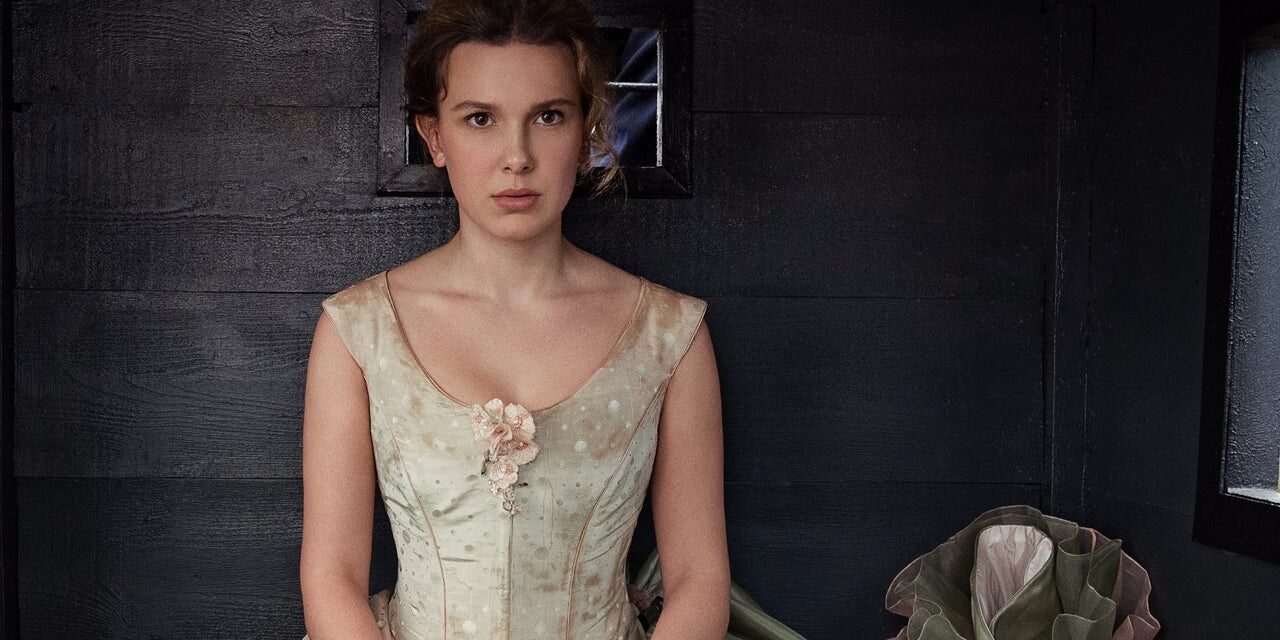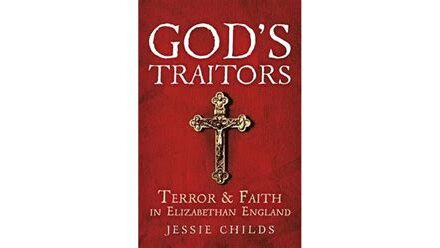In my recent review of ‘The Queen’s Gambit,’ I had occasion to remark that fans of Conan Doyle’s famous sleuth avidly devour the stories and novels about him in part because of a conviction that his chief trait is one we—or perhaps we moderns—all think we possess, the ability to reason coldly and precisely to almost inevitably correct conclusions.
But let’s admit it, the setting of the adventures, a dark and sinister Victorian London, doesn’t hurt, and Holmes’ camaraderie with the lesser but lovable Watson adds immensely to the allure of the tales. Although Poe did much the same, it’s not his but Doyle’s influence that has produced a string of brilliant detectives with sidekicks: Ellery and Inspector Queen, Nero Wolfe and Archie Goodwin, Maigret and Sgt. Lucas, among others.
Holmes fans, then, may wonder why anybody went to the trouble to write about Enola Holmes, the detective’s little sister. As any Holmesian will tell you, there is no record that Holmes has a little, big, or even twin sister. Except for logic and stubborn biological fact (sorely on trial in the days of Trans), we might wonder whether he had a mother and father. A brother? Ah, yes, he surely does have that in the antisocial member of the Diogenes Club and, as Sherlock himself acknowledges, intellectually superior Mycroft.
Nonetheless, will Doyle or nil Doyle, Enola now exists, and Netflix has cashed in on her creation with the film ‘Enola Holmes,’ starring Millie Bobby Brown. I won’t deny its charm, a quality that largely depends on Enola’s sometimes witty asides to the audience (think of Phoebe Waller-Bridge in ‘Fleabag’).
As the story unfolds via Enola’s narration, the audience learns the girl Holmes was reared virtually as an orphan, with daddy Holmes conveniently dropping dead in her infancy and older brothers Mycroft (Sam Claflin) and Sherlock (Henry Cavill) heading off to school and the greater world.
Of course, that leaves Enola in the hands of Ma Holmes (Helena Bonham Carter), a veritable Swiss Army knife of a mother in that she teaches her daughter everything, especially self-reliance. She has a habit, too, of holding secret meetings with other women, from which her daughter is excluded. Still, as far as Enola is concerned, life is perfect until she awakes one morning to find mommy has disappeared.
Nothing to do but find her, but Mycroft and Sherlock show up with different ideas, none of which has anything to do with discovering the whereabouts of their mother. Far from being the genius, Doyle created, this Mycroft is (to borrow a line from ‘The Last Station’) a tight assed stick-in-the-mud. If Sherlock ever conceived of him as his superior, he was either temporarily insane or drunk when he said so. (But never fear: in Enola Holmes no such assessment escapes his lips.) Mycroft above all wants his little sister to become a straight-laced lady and sends her to a finishing school run by a card-carrying toady to masculinity (Fiona Shaw).
And so, in a fairly short space in the film, we get a pair of one-dimensional idiots—the schoolmarm and the elder brother—whose sole existence is to affirm how bad the bad old days really were and how great the dawning age of feminism will be.
You will have guessed that Enola’s plans are not Mycroft’s, and soon, with cash her mother left behind, she’s on her own heading for the big city. Along the way, she encounters the family of one Viscount Tewkesbury (Louis Partridge). The young lord is on the run from them, and they have hired a reptilian bounty hunter Linthorn (Burn Gorman who seems to play nothing but reptiles) to bring him home. Odd thing, though: Linthorn appears bent on bringing Tewkesbury home stone-cold dead.
Why? Could it be, as Enola learns, that the young man is about to take his seat in the House of Lords where he might break the deadlock on the Reform Bill, thereby destroying Old England?
And where’s mother Holmes? As Enola searches for her, she follows the trail to a back-alley warehouse loaded with bombs. Those secret meetings back home, as it happens, were somewhat treasonous—but for the good of the feminist cause that, as Enola herself later proclaims, will enable them to “change the world.”
As I noted above, Enola Holmes can be charming at times; it can also be idiotic, tendentious, and trite. For its not-so-covert premise that somehow Enola excels her illustrious brother in crime detection, she remains a little slow in discovering the actual truth. You might say circumstances, not deduction, impress the facts on her.
In spite of the claim—from Lestrade, no less—that Enola beat Sherlock to the chase, it’s pretty clear that he solved the problem as he so often did by smoking a pipe or two while she bumbled around London and the countryside almost getting killed two or three times.
If you can wink at the occasional preachiness in the story, you may enjoy Enola Holmes. After all, Sherlock has become a mold into which any number of mixtures may be poured: World War II spy threats, Freudian psychology, and who knows what else. But is this plucky girl the stuff that will inspire future mystery writers great and small? Not likely.














